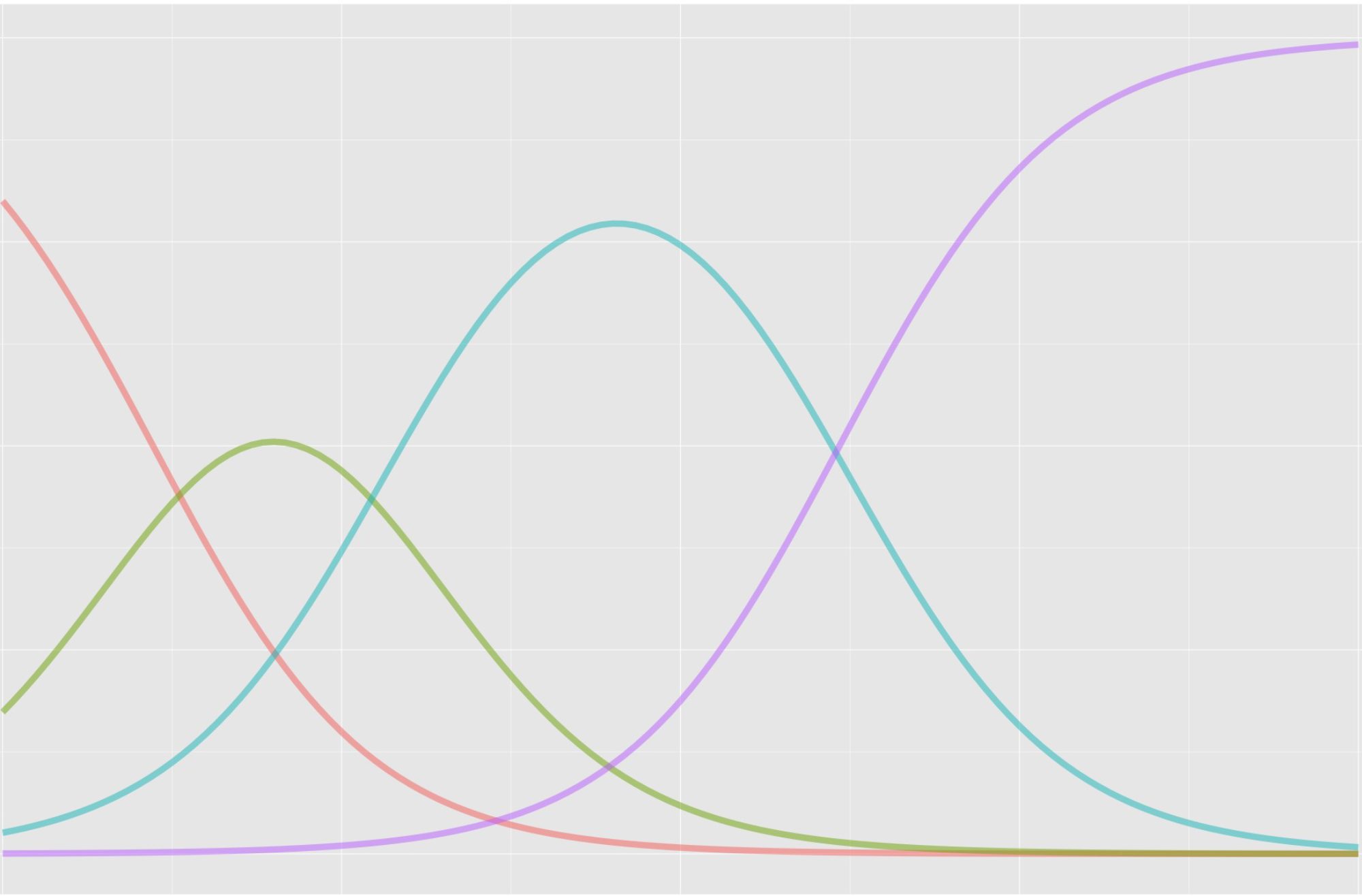This page contains information and resources for a graduate level course on using R for data science. We’ll also have a Canvas page for the course where you can get and submit assignments. The Canvas page won’t be active until mid September 2023.
Course overview
We’ll use the book R for Data Science by Hadley Wickham and Garrett Grolemund (free online) and supplement with examples and R packages focusing on analysis of quantitative data from the social sciences. Topics include
- The fundamentals of R as a programming language
- Reading, writing, and merging data in different sources and formats
- Manipulating data via their shape, class, and structure
- Analyzing data descriptively and inferentially
- Graphing data and results
We will cover these topics from both the tidyverse (eg, dplyr, ggplot2) and base R perspectives.
Students with intermediate R skills who are comfortable with these introductory topics will be supported in more advanced topics like extending existing R functionality, writing functions, simulating data, and developing R packages.
No prior experience with R is required. However, experience with introductory statistics and quantitative data analysis (at least one graduate level course) is strongly recommended.
Registration
This course will be taught fall term 2023 in the School of Education. The course title is EDU 292: Special Topics in Education: R for Data Science. By default, the course is set to two units but you’ll need to change this to four when you register. The School of Education will provide you with a CRN. Contact me (adalbano@ucdavis.edu) with questions.
Syllabus
The syllabus won’t be ready until September, but here’s some preliminary information about the structure of the course, assignments, and expectations. This is subject to change.
You’ll be expected to have your own laptop with a recent version of R (https://cran.r-project.org/) and RStudio (https://posit.co) installed. You’ll need administrator privileges so you can install new R packages throughout the term. These are things to work out before our first class meeting.
The course is pretty dense and will move along quickly. On average, we’ll aim to complete two to three topics in the R4DS book (https://r4ds.had.co.nz/) per week, with the goal of getting through chapter 25 by the end of the term.
Grading will be based on assignments (roughly eight total) where you complete and interpret analyses in R. You’ll submit and get feedback on your code. You’ll also have a final project that we’ll tailor to your needs and interests (eg, analyzing and reporting results from your own data, contributing to or writing your own package). Assignments will probably be worth about 60% of your grade and final project 40%.
